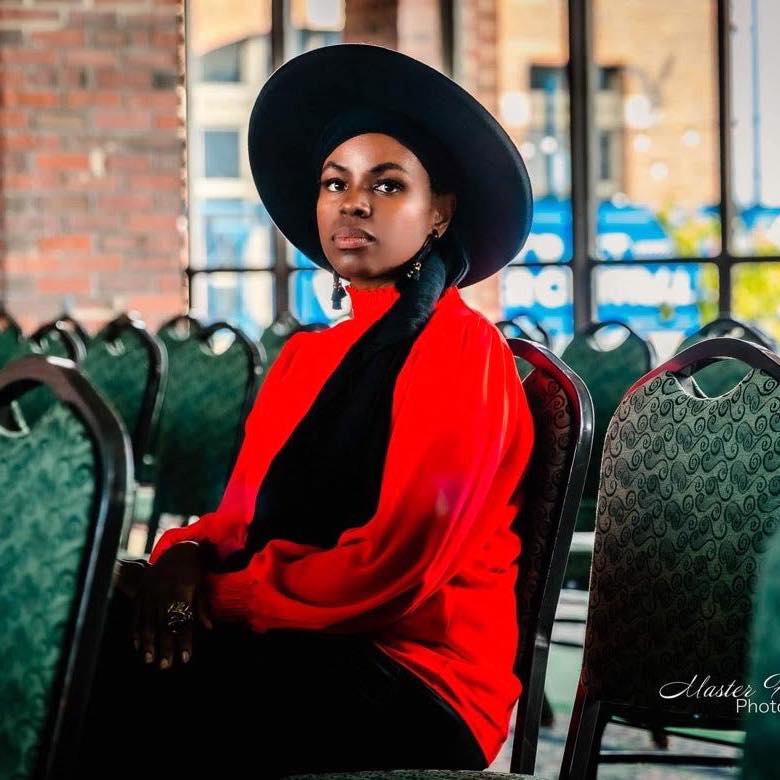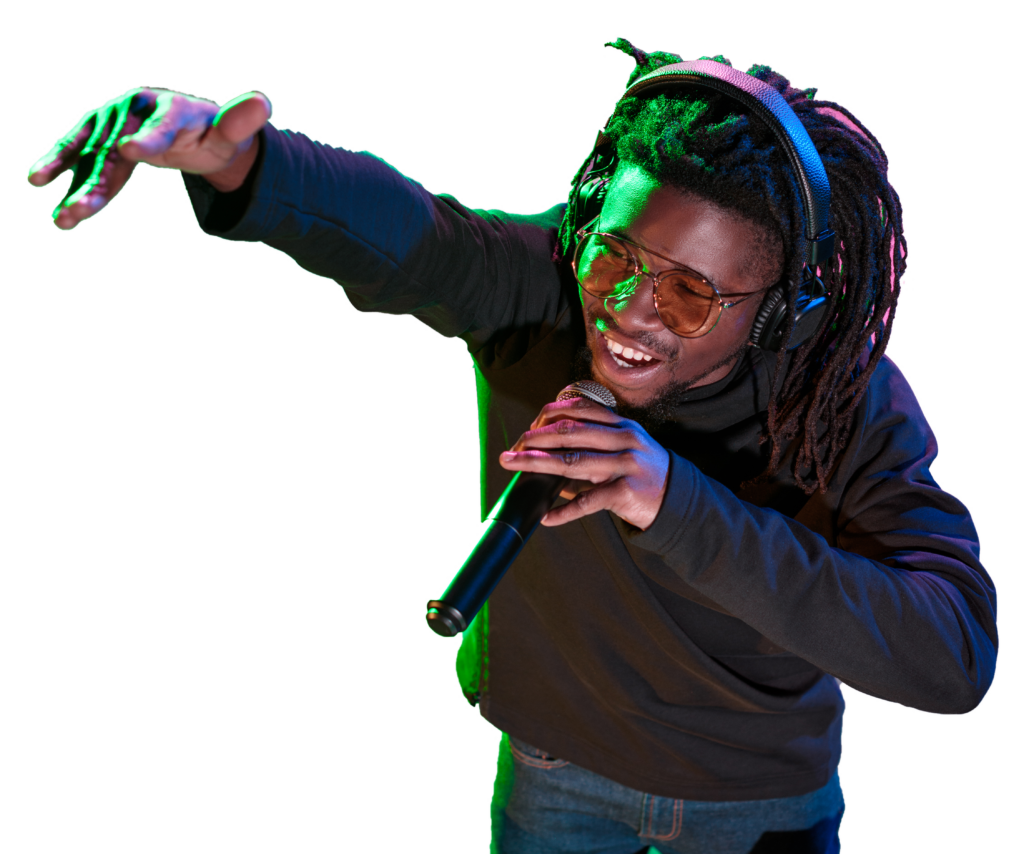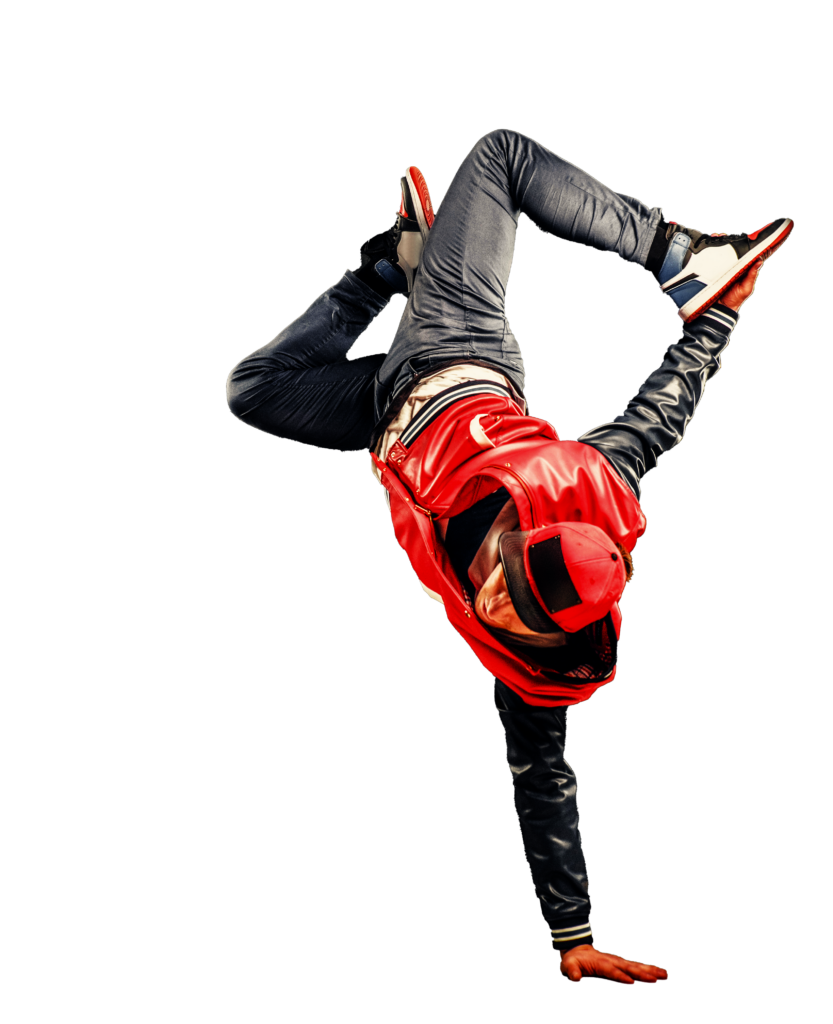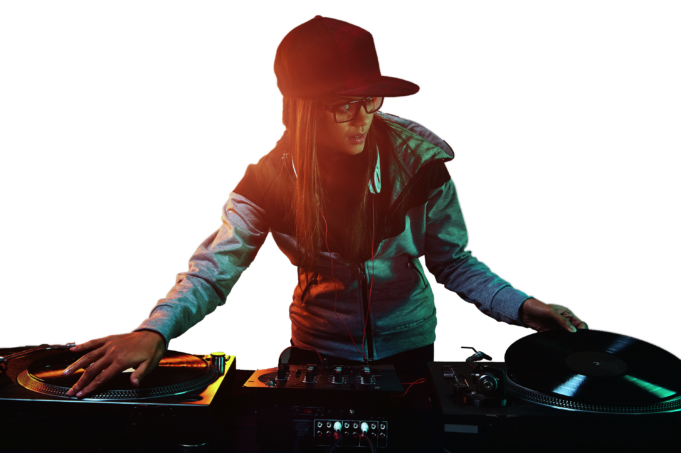by Arian Nicole Muhammad
COMMENTARY
When it comes to rap music, this question may take many down memory lane with a smile: “When did you fall in love with hip hop?”
As a woman who grew up in the conscious era of rap, I fell in love with the art when I heard LL Cool J’s classic, “I’m Bad,” blasting through my older cousin’s stereo. It was life changing.
It felt like a door had opened up to a new sonic reality. Listening to LL Cool J was like witnessing a heavyweight champion defeat every obstacle in his or her path. And Lord knows, the ’hood I lived in needed the spirit of a champion. After this experience, I became hungry for larger-than-life moments where the energy came through the speakers and caused my nerve impulses to explode.

I wasn’t old enough to buy records of my own, however, so I embarked on a search through my mother’s record collection to experience more of this good feeling. This is when I came across the great Rakim. I became mesmerized. His style felt flawless.
His combination of words made me feel powerful and connected to something bigger than my surroundings. I would later learn that I was attracted to the supreme mathematics of Islam that he incorporated into his lyricism. However, that was only the start for me.
My love for hip hop culture and rap music was signed, sealed, and delivered upon hearing a record from Sista Souljah titled “The Final Solution: Slavery’s Back in Effect.” That song taught me the essence of being a female warrior. What I heard was a sister warning her people and cautioning us to take a stand amidst the presence of an enemy.
Hip hop came into my life during the early days of my childhood. It was at this time that I lived in an apartment complex called Taft Homes and although still very young, I felt the pain of our people.
Music was my therapy, an approach I adopted watching my mother. I never saw her indulge in anything to escape pain like drugs or alcohol, but she did play her records. Her living room was a laboratory of different sounds offering solutions to the challenges I faced. For example, I saw in Stevie Wonder’s “Songs in the Key of Life,” that love was the response to the harsh realities of life.
The earthy vibes of Arrested Development’s, “People Everyday,” connected me to the struggle of daily life, and affirmed that we, as a people, are family. Earth Wind and Fire said, “Keep your Head to Sky.” And Rakim said, “I am a God.”
Today, I look for these types of affirmations for my children to embrace, as they begin to explore the sounds of their time. I have to admit that as I watched the culture change with my own eyes from the era of Sistah Souljah’s “I thought I told ya” to the sounds of “Buss it” I became gravely concerned.

I am an artist myself. I chose this life because I felt it was a way I could help my people and then ultimately humanity. But what was “popular” in my era isn’t “poppin’” today. I recently had a conversation on the dynamic of music and popularity with rapper/producer Reggie Bonds from Milwaukee.
He stated many signed artists think they have a following but it’s really the music industry that has a following. This becomes obvious because once an artist isn’t pushed anymore, the huge following dissipates.
The question remains: How do we tap into the essence of a culture that once challenged us intellectually? Did conscious music in fact lose some of its attracting power or is it a ploy of our enemy to make us believe so? How did self-destruction go from being a lesson that was taught, to becoming a bragging point? What do you do when a force that’s an enemy to your child’s spiritual life, gets past the gate and is now in the bedroom with them?
As a mother, I would ask myself how do I say, “No baby this melody is not a friend” and throw down this whole history of consciousness without turning them off? This led me to reflect on how the enemy has effectively separated the essence of hip hop— which means intelligent movement—from youth.
I believe many have a healthy respect for our pioneers and those who laid the foundation, but there is a stigma around hip hop where it is perceived as outdated. I believe in paying proper respect to its origins and foundation. A part of that includes the realization that principles never age. Can the principle of speaking truth to power ever become outdated? Or better yet, can putting out great music ever truly be out of style? Emphatically no!
In light of these ever-darkening times, I found the best way to enlighten and warn my children of the danger of allowing any and everything into their minds is to tell them straight up: “Yes son, that sounds good, like LL Cool J sounded to me. And yes, it has a great bass line but there’s something about its eyes that doesn’t look right and there’s something a bit off with the energy. It’s just not the same anymore, baby.”

I admit I used to struggle with this conversation because I didn’t want to turn my children off. I wanted to show them through my example. I’m also privy to the arguments on how culture wasn’t 100 percent holy as we may paint in nostalgia. Yes, we had the 2 Live Crews, and the NWA’s, etc., but today in all reality and in a sense of urgency we are under a light of truth that exposes the hidden hand and agenda within this so-called music industry.
I thank the Honorable Minister Farrakhan for crisscrossing this country and teaching us of numerous death plots against us. That we are at war and the war is real. In particular, I’m grateful for his demand that our hip hop artists accept the responsibility of leadership. Nina Simone said that “An artist’s duty is to reflect the times.”
Whether we believe our artists are worthy leaders or not isn’t the question. The truth is that many of us and our youth follow the words that come from the mouths of our artists in the forefront. Words are powerful. And they are a matter of life and death.
Today I tell my children outright what it is when it comes to their precious minds. I’m a mother and I’m fighting to save my children in a degenerate culture that reaches its Satanic arms around them and snatches them away. As one who understands the powerful impact of music and art within society, I decided to stand.
Artists, educators, and activists are preparing for the 3rd annual Grassrootz Hip Hop Celebration in Phoenix, Arizona, which will take place Aug. 11-12. The event is a collaborative effort and will feature high-level panel discussions and entertainment to honor the true essence of hip hop.
The Phoenix Local Organizing Committee, Afrisoul Marketplace, Grassrootz Bookstore, Muhammad Mosque No. 32, School of Hip Hop Phoenix and various Black-owned businesses will come together for this event.
As a mother and as an artist I wanted to spearhead this celebration so that we may begin to actively take charge of our narrative and to unite the village for higher expression. For more information visit musicisalive.net or follow @grassrootzhiphop on Instagram and Facebook for more information.













